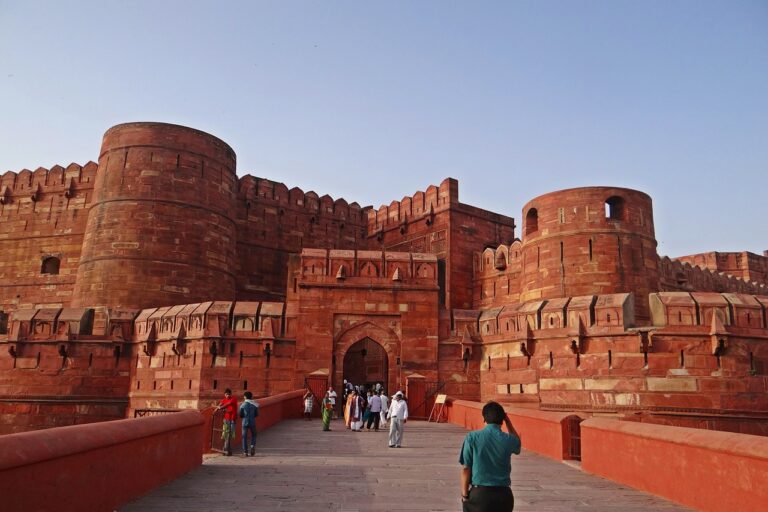Voter ID Verification: Role of Election Security Compliance Committees: Golden exchange 99, Cricbet99.com, King 567 casino
golden exchange 99, cricbet99.com, king 567 casino: Voter ID Verification: Role of Election Security Compliance Committees
In today’s digital age, election security has become a major concern for governments and citizens alike. With the rise of cyber threats and misinformation campaigns, ensuring the integrity of the voting process has never been more critical. One key aspect of election security is voter ID verification, which helps prevent fraud and ensures that only eligible citizens cast their ballots.
Election Security Compliance Committees play a crucial role in overseeing and enforcing voter ID verification protocols. These committees are responsible for ensuring that election officials comply with security measures to protect the voting process from outside interference. By setting standards and guidelines for voter ID verification, these committees help safeguard the integrity of elections.
Importance of Voter ID Verification
Voter ID verification is essential for maintaining the security and credibility of elections. By requiring voters to present identification before casting their ballots, election officials can verify the identity of each voter and prevent unauthorized individuals from voting. This helps to prevent voter fraud and ensures that the results of the election accurately reflect the will of the people.
Role of Election Security Compliance Committees
Election Security Compliance Committees are tasked with overseeing voter ID verification procedures to ensure that they are carried out effectively and in compliance with established guidelines. These committees work closely with election officials to develop and implement security protocols that protect the integrity of the voting process.
Key Responsibilities of Election Security Compliance Committees
1. Developing voter ID verification protocols: Election Security Compliance Committees are responsible for creating guidelines for verifying voter identities, including acceptable forms of identification and procedures for verifying them.
2. Training election officials: These committees provide training and support to election officials to ensure that they understand and implement voter ID verification protocols effectively.
3. Monitoring compliance: Election Security Compliance Committees monitor election officials to ensure that they are following security protocols and identifying any areas of concern.
4. Responding to security incidents: In the event of a security breach or incident, these committees are responsible for investigating and responding to the situation to ensure that voter ID verification procedures are not compromised.
5. Reporting to authorities: Election Security Compliance Committees report on the effectiveness of voter ID verification procedures to government authorities and recommend any necessary changes or improvements.
6. Engaging with the public: These committees engage with the public to raise awareness about the importance of voter ID verification and the role of election security in protecting the integrity of elections.
FAQs
Q: What forms of identification are typically accepted for voter ID verification?
A: Common forms of identification include driver’s licenses, passports, and state-issued ID cards.
Q: How does voter ID verification prevent fraud?
A: By requiring voters to present identification, election officials can verify the identity of each voter and prevent unauthorized individuals from casting ballots.
Q: What role do Election Security Compliance Committees play in voter ID verification?
A: These committees oversee and enforce voter ID verification protocols to ensure the security and integrity of the voting process.
In conclusion, voter ID verification is a crucial aspect of election security, and Election Security Compliance Committees play a vital role in ensuring that these protocols are implemented effectively. By working together, election officials and security committees can protect the integrity of the voting process and uphold the democratic principles of free and fair elections.







